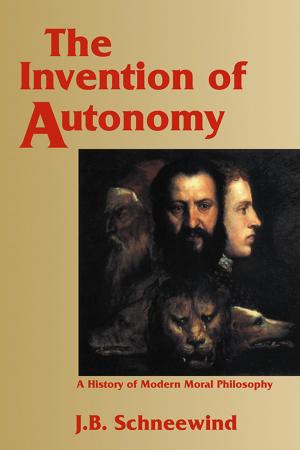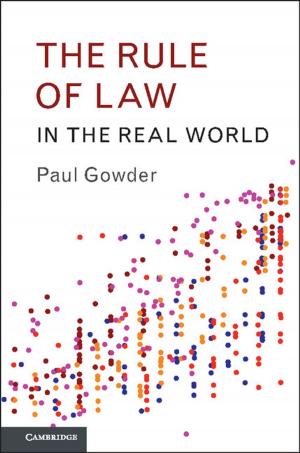| Author: | Jon Elster | ISBN: | 9781107084100 |
| Publisher: | Cambridge University Press | Publication: | July 28, 1989 |
| Imprint: | Cambridge University Press | Language: | English |
| Author: | Jon Elster |
| ISBN: | 9781107084100 |
| Publisher: | Cambridge University Press |
| Publication: | July 28, 1989 |
| Imprint: | Cambridge University Press |
| Language: | English |
This 1989 book is intended as an introductory survey of the philosophy of the social sciences. It is essentially a work of exposition which offers a toolbox of mechanisms - nuts and bolts, cogs and wheels - that can be used to explain complex social phenomena. Within a brief compass, Jon Elster covers a vast range of topics. His point of departure is the conflict we all face between our desires and our opportunities. How can rational choice theory help us understand our motivation and behaviour? More significantly, what happens when the theory breaks down but we still cleave to a belief in the power of the rational? Elster describes the fascinating range of forms of irrationality - wishful thinking, the phenomenon of sour grapes, discounting the future in noncooperative behaviour. This is a remarkably lucid and comprehensive introduction to the social sciences for students of political science, philosophy, sociology and economics.
This 1989 book is intended as an introductory survey of the philosophy of the social sciences. It is essentially a work of exposition which offers a toolbox of mechanisms - nuts and bolts, cogs and wheels - that can be used to explain complex social phenomena. Within a brief compass, Jon Elster covers a vast range of topics. His point of departure is the conflict we all face between our desires and our opportunities. How can rational choice theory help us understand our motivation and behaviour? More significantly, what happens when the theory breaks down but we still cleave to a belief in the power of the rational? Elster describes the fascinating range of forms of irrationality - wishful thinking, the phenomenon of sour grapes, discounting the future in noncooperative behaviour. This is a remarkably lucid and comprehensive introduction to the social sciences for students of political science, philosophy, sociology and economics.















